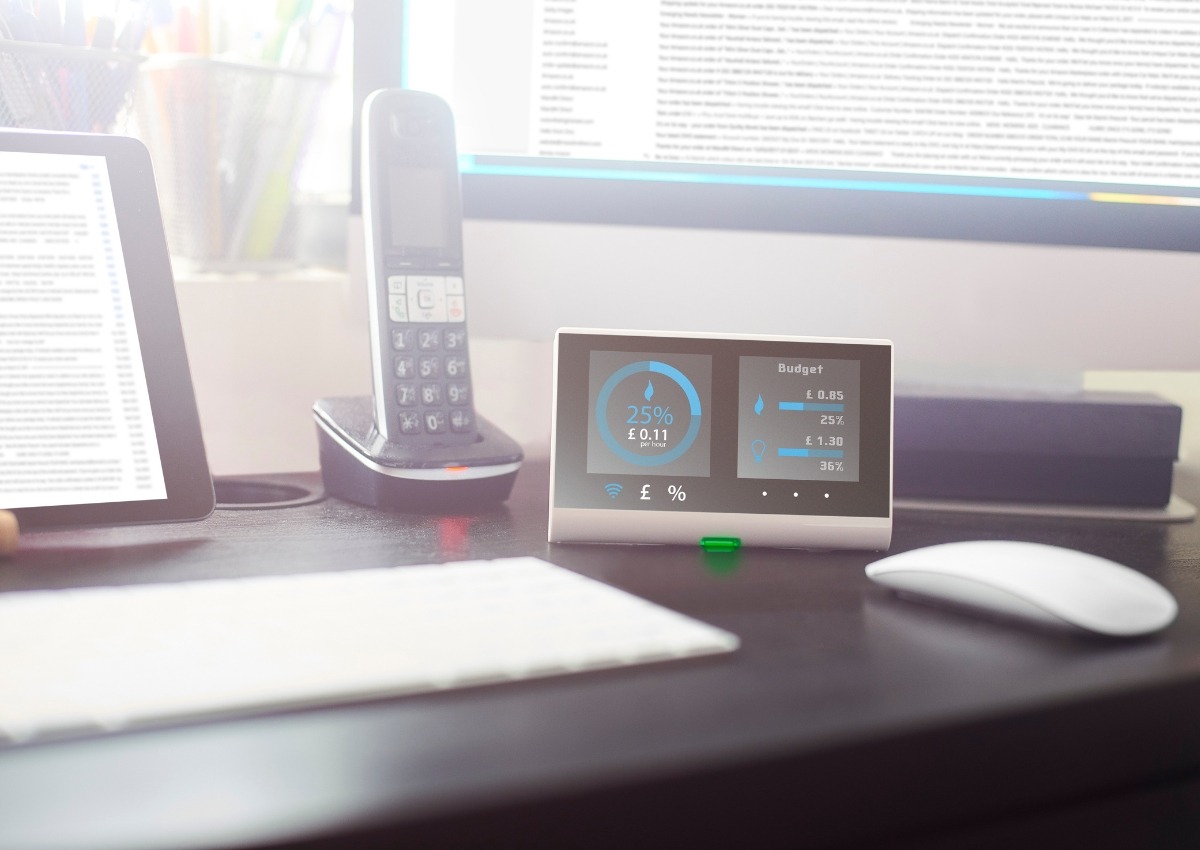According to the Energy Saving Trust, an average small or medium sized business could see reductions of up to 25% in their energy bills by making improvements to energy efficiency. Good to know given that energy costs are an inescapable expense for all businesses and wasted energy can quickly add up, costing us thousands of pounds annually.
As you might expect, some of the biggest culprits that put a drain on resources are electronic devices – think air conditioning, heating, computers and lighting – but do you know what the top energy-consuming workplace devices actually are?
Although your actual energy costs will depend on appliance make, model and age, we’ve collated the figures below to give you some idea.

How we calculated energy usage
The kilowatt hour (kWh) is the unit of electrical energy, calculated by multiplying the power use in kilowatts (kW) by the number of hours the power is consumed each day.
To work out the electricity cost per day, multiply the kWh per day by the average unit cost (34p in the UK for 2023).
Multiply that figure by the number of days in the year to calculate the annual cost. We’ve based these figures on an 8-hour working day for 260 working days per year, with 365 days used for devices which are not turned off on evenings, weekends and holidays like computer servers and fridges.
Easy energy-saving tips to lower workplace costs
- Utilise energy-saving sleep and hibernation function modes when computers are not in use
- Laptops use less energy than desktop computers, plus they have obvious advantages for remote and hybrid working
- Only plug in your laptop when you need to charge it
- Switch off appliances at the plug at the end of the working day, at weekends and on holidays
- Swap fluorescent light bulbs for energy saving LEDs and where possible, remember to turn off when you leave the room
- Consider motion sensor lights that only turn on when someone is in the room
- Upgrade office equipment to newer “A’ rated energy-efficient models
- Open the windows rather than using the air conditioning
- In warm weather, lower the window blinds to block direct sunlight
- Open window blinds when the weather is cooler to make the most of natural light
- Use smart tech to control devices remotely
- Empty the fridge at weekends and over holiday periods and turn off
- Make sure staff are aware and on board with your initiatives
- Don’t overfill the kettle!


